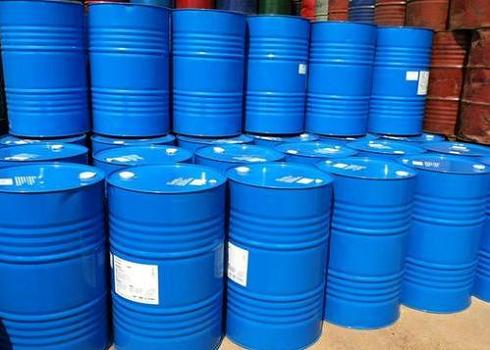


Dengan menggunakan metode Structural Vector Autoregression, hasil empiris menunjukkan bahwa kebijakan moneter secara efektif dapat mencegah dampak spillover inflasi makanan ke inflasi non-makanan. Dengan demikian, tujuan utama penelitian ini adalah untuk mengetahui efektivitas dari kebijakan moneter terhadap pengendalian inflasi makanan di Indonesia. Pengendalian inflasi makanan penting untuk dilakukan di Indonesia terutama karena dua hal, yaitu sifat inflasi makanan yang persisten dan dampaknya terhadap penurunan daya beli keluarga miskin yang relatif tinggi dibandingkan dengan komoditas lainnya. Keywords: Monetary Policy Food Inflation Structural Vector Autoregression In addition to that, the exchange rate may play some role in the longer period to affect the volatility of food inflation. By utilizing Structural Vector Autoregression, the empirical results provided here show that monetary policy does eectively prevent the spillover effect of food to non-food inflation. Thus, the main purpose of this study is to determine the effectiveness of monetary policy on food inflation stabilization in Indonesia. Meanwhile, agricultural financing, economic growth, inflation, and the farmer exchange rate had not significantly contributed to reducing the poverty level.įood Inflation and Monetary Policy Implication in IndonesiaĬontrolling food inflation in Indonesia is essential mainly caused by its persistent and relatively significant impact on the poor’s purchasing power compare to other commodities. The growth in the agricultural sector to contribute toward the economy could reduce rural poverty level in Indonesia. This finding also revealed that the income distribution gap was a determinant to the severity of rural poverty. This study revealed that the increase of agricultural sector share and the widening of the income distribution had caused an increase in poor people in a rural area. This study used quantitative analysis through multiple regressions with data panel from 2014 to 2017 from 33 provinces in Indonesia. This study was significant, considering that the result was to contribute to government policy evaluation in the agricultural sector, especially in reducing poverty in rural areas. Therefore, this study was aimed at investigating the performance of the agricultural sector in reducing the rural poverty level in Indonesia, and to investigate factors that contribute as a determinant in reducing rural poverty level in Indonesia. Nevertheless, the poverty level in rural areas remains high. In fact, most of the rural communities work in the agricultural sector. Agriculture is the primary sector in many provinces in Indonesia.


 0 kommentar(er)
0 kommentar(er)
